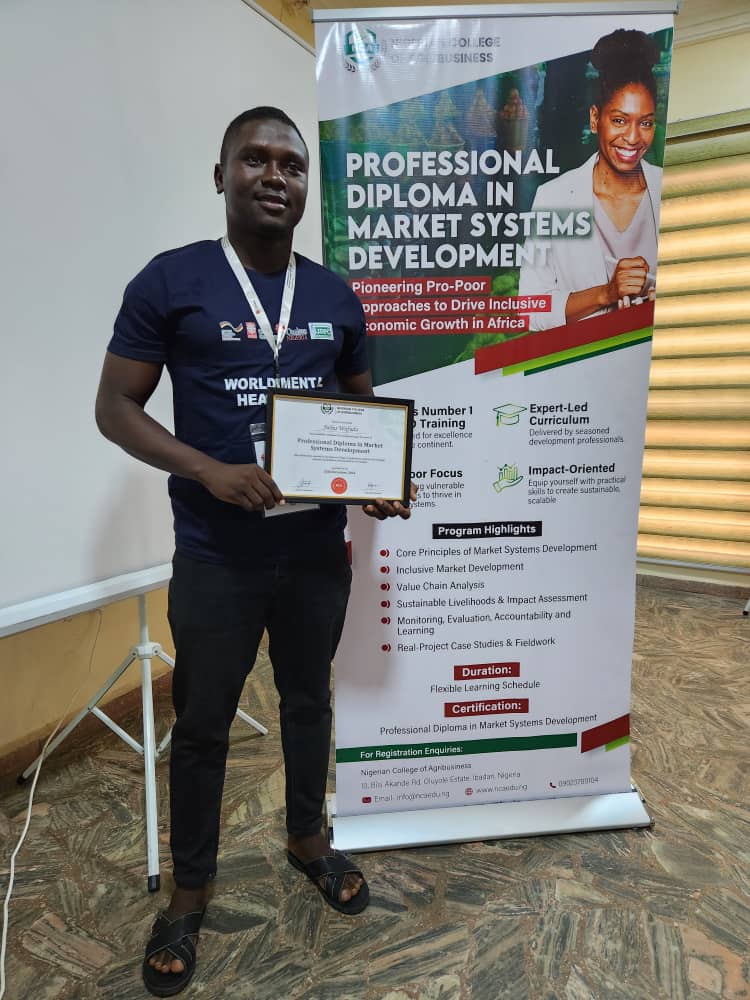Start Dates
Duration
Fees
Learning Activities
Expanding High-Impact Nutrition Programs to Improve Public Health and Food Security
Malnutrition remains a global crisis, affecting over 2 billion people with severe consequences on health, economic productivity, and human capital development. While effective nutrition interventions exist, many fail to scale sustainably, limiting their long-term impact on communities.
The Scaling Nutrition Interventions for Development Impact Program is a high-level, immersive training program designed for public health professionals, policymakers, NGO leaders, agribusiness investors, and nutrition specialists who seek to scale evidence-based nutrition programs for maximum reach and sustainability.
This in-person, hands-on training equips participants with practical frameworks, data-driven strategies, policy advocacy techniques, digital innovations, and impact measurement tools to expand nutrition interventions efficiently and cost-effectively.
By the end of the program, graduates will earn a Scaling Nutrition Interventions & Development Impact Certification, positioning them as leaders in global nutrition policy, program scale-up, and sustainable food system transformation.

Learn how to design, fund, and implement scalable nutrition interventions for large-scale impact.
Use predictive analytics, digital tracking, and impact evaluation to optimize nutrition outcomes.
Build collaborations across governments, NGOs, donors, and private sector actors for program expansion.
Designing Scalable Nutrition Interventions for Sustainable Impact
Funding, Investment, & Financial Models for Scaling Nutrition Interventions
Public-Private Partnerships & Policy Integration in Nutrition Scale-Up
Digital Innovations & AI for Nutrition Program Scaling
Supply Chain & Market-Based Approaches to Nutrition Expansion
Impact Measurement, Learning, & Continuous Improvement in Nutrition Interventions

No other institution in Africa offers such a comprehensive approach to agribusiness and development sector education as the Nigerian College of Agribusiness. We provide a unique blend of academic rigor, practical expertise, and industry connections. Here, you will learn from experienced faculty members who are experts in their fields and deeply engaged with the latest advancements in their industries.
We leverage interdisciplinary knowledge and the latest research to enhance our programs, ensuring they are relevant and impactful. At NCA, you will continuously engage with thought leaders who are constantly shaping the dynamics of their industries and after graduation, you will be a life-long member of a vibrant alumni community that continually foster cross-disciplinary learning and networking.
STEP 1: Complete the Application for Admission Form for the course
STEP 2: A non-refundable application fee of N20,000 applies and will be deducted from the tuition upon enrollment. This is payable into
Zenith Bank
Account Name: Nigerian College of Agribusiness
Account Number: 1228461510
STEP 3: Attach receipt of Application fee with your highest academic credential and submit to: [email protected]
STEP 4: Upon successful evaluation of your application, you will receive your Admission Letter indicating acceptance into the program. The Letter will also contain details of enrollment into the Course.
Click on the link below to fill the application form for this course
Local: N450,000
International Students: $400
Get monthly marketing tips and exclusive discounts straight to your inbox

Our mission is to cultivate a vibrant, sustainable and profitable agribusiness sector that drives economic growth and social progress across Africa and beyond.
We are committed towards educating a new generation of agribusiness sector leaders that will transform the economic fortunes of the African continent
© NCAEDU 2023 All Rights Reserved.